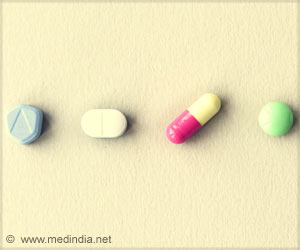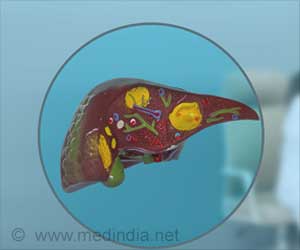According to experts at the World Congress of Cardiology, a 3-in-1 pill is being developed to cure heart diseases.
According to experts at the World Congress of Cardiology, a 3-in-1 pill is being developed to cure heart diseases. This ‘polypill’ could save lives of millions of peopleespecially in developing countries where most heart attacks occur.
Aspirin, statins and ACE inhibitors are the three drugs present in the polypill. Heart attacks, strokes and other cardiovascular health problems are known to be prevented by these 3 drugs, said the World Heart Federation."Potentially, millions of lives could be saved worldwide by this," Dr. Sidney Smith, chairman of the federation's scientific advisory board, said at the conference in Barcelona, Spain. "These therapies are known to reduce mortality by up to 50 percent or more."
Around 80% of the cardiac arrests occur in low- and middle-income countries. Nearly, 17.5 million people die of heart disease annually.
The polypill could be available within 2 years, said the World Heart Federation. Testing of the pill would be first done in Spain and then would be exported to markets like China, at a cost that is 1/5th of that of the presently available therapies.
"The fewer hoops we have to jump through to get to medicines, the more cost effective they will be," Smith said on the sidelines of the Sept. 2-6 conference, which drew some 25,000 cardiologists, public health officials and representatives from pharmaceutical companies and nongovernmental organizations.
Patients with a known history of heart disease are likely to take this pill. There is a possibility of more patients following their prescriptions, as they would have to take only one pill.
Advertisements
"I issue prescriptions for these three drugs so often that I might as well have a stamp when writing prescriptions for some of my heart patients," said Dr. Gabriel Steg, a cardiologist at Hopital Bichat in Paris.
According to some experts, usage of a single pill as a fix-all approach was misguided and could cause more complications, as each drug in the polypill had its own serious side effects.
Advertisements
"Physicians need to monitor what they're giving their patients, to make sure that they tolerate it well," Verheugt said, adding that the polypill would not necessarily lessen the burden on the public health system.
The pursuit of the polypill is worthwhile for Smith and other due to the possibility of having an extra public health tool to fight cardiovascular diseases.
Source-Medindia
GYT











